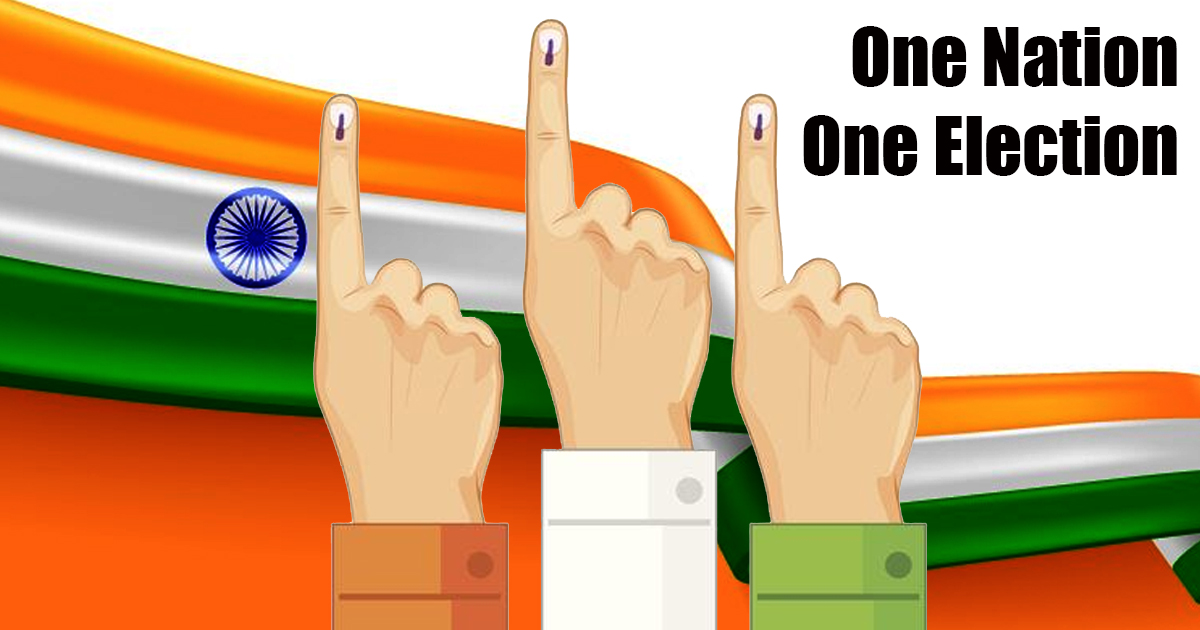
Context: The One Nation, One Election (ONOE) initiative proposes holding simultaneous elections for the Lok Sabha (LS) and all state assemblies (SLA) across India.
Key Features of ONOE
- Simultaneous Voting: Voters will cast their ballots for both Lok Sabha and state assembly elections on a single day, or in a phased manner if necessary.
Current Election Status in India
- Elections for LS and SLAs are currently held separately, typically after the incumbent government’s five-year term ends or when dissolved for various reasons.
Historical Background
- Simultaneous elections were held in 1952, 1957, 1962, and 1967. The cycle was disrupted in 1959 with the imposition of President’s rule in Kerala. Subsequent disruptions occurred in 1968 and 1969, with some state elections now aligned with LS polls.
Arguments in Favor of Simultaneous Elections
- Cost Reduction: Significant savings on electoral expenses associated with separate elections.
- Increased Voter Turnout: Easier for voters to participate when elections are held simultaneously.
- Focus on Governance: Allows ruling parties to concentrate on governance rather than being in perpetual election mode.
- Administrative Efficiency: Reduces disruptions to administrative duties caused by frequent elections.
- Minimized Governance Disruption: Less negative impact from the Model Code of Conduct on governance.
Arguments Against Simultaneous Elections
- Multi-Tiered Governance Issues: Elections for different levels allow voters to address specific grievances with their representatives.
- Accountability Concerns: Reduced frequency of elections could decrease government accountability.
- Disparity Between Parties: Regional parties may struggle against national parties in terms of funding and strategy, undermining federalism.
- Complications from Government Collapse: Potential issues if a government collapses before its term or if Parliament dissolves prematurely.
Proposed Bills
- First Bill:
- Aims to hold simultaneous Lok Sabha and Assembly elections.
- Requires a “special majority” in both houses of Parliament but does not need ratification by state assemblies, which is a departure from standard constitutional amendment procedures.




